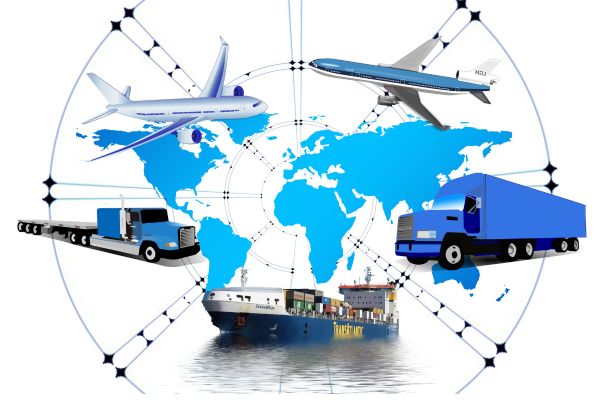The logistics industry plays a pivotal role in the global economy, serving as the backbone of trade and commerce. It encompasses the management, transportation, and distribution of goods, ensuring that products reach consumers efficiently and on time. The logistics sector’s impact extends far beyond simply moving goods from one place to another; it significantly influences economic growth, job creation, and overall prosperity. In this blog post, we will explore the profound impact of the logistics industry on the economy, shedding light on its various contributions and significance.
1. Facilitation of International Trade
The logistics industry serves as the connective tissue of international trade, enabling the movement of goods across borders. Freight forwarders, shipping companies, and customs brokers play crucial roles in navigating complex trade regulations and facilitating the smooth flow of imports and exports. This seamless movement of goods enhances global trade relations, leading to increased economic growth and opportunities for businesses worldwide.
2. Job Creation and Employment Opportunities
The logistics sector is a significant source of employment, creating jobs across various levels and skill sets. From truck drivers and warehouse workers to logistics managers and supply chain analysts, the industry offers diverse employment opportunities. The growth of logistics companies also stimulates job creation in related industries such as manufacturing, packaging, and technology, further contributing to overall economic development.
3. Efficiency and Cost Savings
Efficient logistics operations result in cost savings throughout the supply chain. By streamlining transportation, warehousing, and inventory management, businesses can reduce operational expenses, ultimately leading to lower prices for consumers. These cost savings enhance consumer purchasing power, stimulating demand and further driving economic growth.
4. Investment in Infrastructure
The logistics industry’s expansion often drives investments in infrastructure development. Governments and private entities invest in modernizing transportation networks, building new ports, expanding airports, and constructing advanced warehousing facilities. These infrastructure investments not only boost the logistics sector but also improve overall connectivity and promote economic development in the regions served.
5. Regional and Global Connectivity
Logistics networks create connectivity between regions and countries, promoting trade and collaboration. Efficient transportation and distribution channels enable businesses to reach new markets and consumers globally. This enhanced connectivity fosters economic integration and strengthens economic ties between nations.
6. Impact on Small and Medium Enterprises (SMEs)
The logistics industry plays a crucial role in the success of small and medium enterprises (SMEs). SMEs often rely on third-party logistics providers to handle their supply chain operations. Access to efficient logistics services allows SMEs to compete on a larger scale, expand their customer base, and enter international markets, thereby contributing to economic growth at the grassroots level.
7. E-commerce Revolution
The emergence of e-commerce has brought about a revolutionary transformation in the logistics sector. The demand for faster and more reliable shipping has led to innovations in last-mile delivery and supply chain automation. The logistics sector’s adaptation to the e-commerce boom has contributed to the growth of online retail and influenced consumer behavior, further impacting the economy.
8. Environmental Sustainability
As the logistics industry grows, so does its responsibility to address environmental concerns. Sustainable logistics practices, such as optimizing transportation routes and adopting eco-friendly packaging, contribute to reducing carbon emissions and mitigating environmental impact. Such efforts align with global sustainability goals and foster a positive image for businesses, attracting environmentally conscious consumers and investors.
Conclusion
The logistics industry serves as a driving force behind economic growth, connecting businesses and consumers across the globe. Its impact extends beyond the physical movement of goods, encompassing job creation, infrastructure development, cost savings, and regional connectivity. As technology continues to shape the logistics landscape, businesses and governments must prioritize sustainability and efficiency to maximize the positive impact of this vital industry on the economy and society as a whole.


